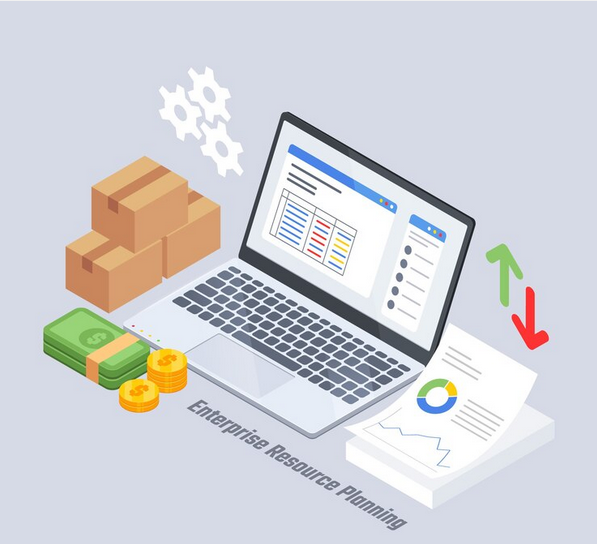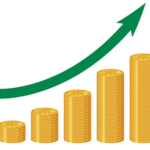On Monday, Share in some Asian tech firms that fetter major global players such as Apple rose. This was only a day after the US government announced exemptions on the tariffs on 11 products from China. This ranges beyond smartphones, computers, and other electronics — much of which comes to the US through China —
Traders of High and beige core identifiable parties climb Share Price.
Shares of Foxconn (2317. t) are among the largest iPhone assemblers for Apple. Morning Start 4% Quarter TW) However, the increase of TW) quarter that leads start Similarly, Quanta (2382. TW), a laptop maker, saw its shares rise 7%. Inventec (2356. Taiwan’s TW (the maker of AI servers) witnessed a 4% increase in shares. The broader market index (. Taiwan Semiconductor Manufacturing Co. (TWII)also flipped to the green, gaining almost 1%.
Chinese companies Goertek (002241. SZ) and Lens Tech (300433. Other Apple suppliers Sunny Optical Technology Group Co Ltd (02382. China’s GoerTek Inc (002241. SZ) also increased 3% and 1.1%, respectively. Samsung Electronics (005930.) shares surged 4.5%. KS) rose 2.4% in South Korea. While smartphone vendors in the US market and the supplier of Apple Key sight (KS) increased by 2%,
Market and analyst views and sentiments
Market analysts have weighed in on these events. Wedbush Securities analyst Dan Ives called the latest tariff news a bit of a “net positive” for the iPhone maker and tech sector in a note. The changes provide some leeway and may also allow new openings for negotiations with China in the future, the analyst added.
Since Apple only makes its products available for sale in the US after importing them from China, analysts have already warned that the price of iPhones in the US may rise. According to a report in Daijiworld, last month , Apple flew around 1.5 million iPhones to the US from India by cargo flight.
Market Movement Based on Presidential Speech
US President Donald Trump wrote on social media on Sunday that he would study the tariff exemptions for its specific electronic products. Those prompted by national security trade investigations of the sector would shift these products to a new tariff category with semiconductors, he said.
The market reacted mixed to these comments. In a tweet, the President indicated that he would declare a tariff on semiconductor imports over the next week, which caused some chipmaker share prices to drop. However, he added that there were some scopes for exemptions for the sector.
Anxiety Takes Hold of The Semiconductor Industry
Taiwan Semiconductor Manufacturing Co. (TSMC), the largest contract chipmaker in the world, initially rose before pulling back its shares—memory chipmaker SK Hynix (000660. KS) also fell.
Some analysts on the market explained these changes. The comment, along with favorable market response to the firings, “is likely a bit too early to be factual as we’re awaiting more clarification on the tariff exemption,” said Alex Huang, vice president at Mega International Investment Services. But he added that it was very “unlikely” to see a complete semiconductors tariff exemption, as that would reduce US leverage in the negotiations.
Investors will be looking at TSMC, which is set to report on Thursday and release its first-quarter earnings.
Ongoing Market Dynamics
This is an evolving situation, and developments will continue to drive sentiment. The direction for Asian tech stocks is still being set by the tug-of-war between the tariff change, the President’s voice, and corporate earnings. Investors are closely monitoring these developments to assess potential future trends.
Moving Forward and What the Market is Preparing For
The outlook for Asian tech stocks does not escape the uncertainties. While the recent changes in tariffs provide a touch of tailwind, the markets will be focused on the status of trade negotiations, the advancement of technology, and the economy. Disclaimer: This article is for informational purposes only and does not constitute investment advice; please do your due diligence and research before investing.
High-velocity Asian technology mirrors the dynamics of global events. Market conditions are constantly changing in this ambient uncertainty due to the interplay of changing trade policies, technological innovations, and the changing behavior of investors. In other words, both companies and investors will need to correct their course as they venture into the forward path, navigating the breadth of problems in front of them.






